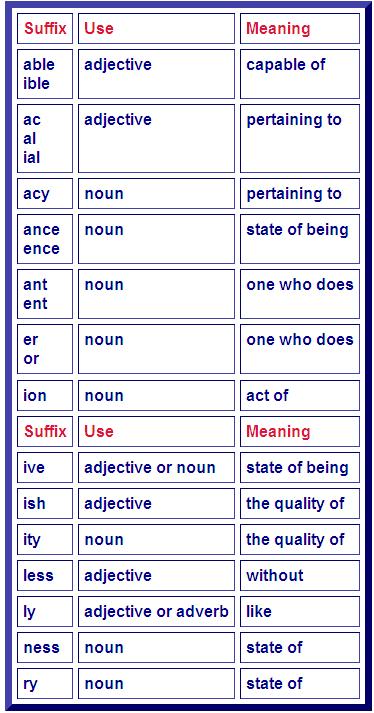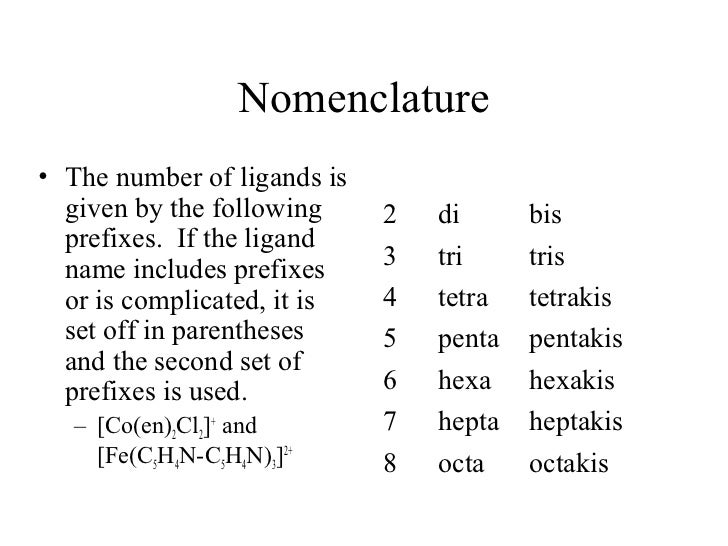Use this negative prefix list to avoid confusion with words that mean the opposite of their roots. Or you can use the negative adverb not. The prefix non- is the most useful negative prefix , as it can be attached to virtually any noun, verb, adjective, or adverb and is not confusable with other common morphemes. Unlike in-, and un-, which often create nonabsolute negatives, non- is generally used to create a word that describes the complete opposite of its nonnegative form.
In other words, for example, a nonconformist is. John is reliable, you can trust him to do anything you ask. For example: John and James are brothers. James, on the other han is unreliable, you cannot rely on him. By adding un to reliable we change the meaning of the word to not reliable.
Dis gives the adjective the opposite meaning: I know you all agree with the plan, but I still. Words that take non– as a negative prefix may begin with a vowel or a consonant: sense - nonsense. Some root words can take more than one negative prefix , but the meaning of the word is then different, depending on the negative prefix used. In English, one way to make negative statements is with negative prefixes. Here is a list of English negative prefixes: a-, dis-, il-, im-, in-, ir-, non-, un-.
Academic Word List- vocabulary with negative prefix es Find the words below which have negative prefix es but don’t have negative meanings. Vocabulary Unit - Extreme Adjectives. Add the correct negative prefix es.
Something that is adequate is not good enough. A person who can’t read and write is literate. If something is edible, it means it cannot be eaten. If somebody is reliable, you cannot trust or depend on them.

The nonparticular non-is the go-to negative prefix for neologisms. Un-By contrast with the other negative prefixes, the attachment of this Latin-based form to a root word can, in addition to expressing lack or absence (unconcern), denote a reversal (uncoiled). It can also refer to an action not yet taken (unopened). There is no difference in meaning and little or no difference in use. Negative Prefixes : un-, in-, im-, il-, dis- what is the difference please between flammable and inflammable?
Perhaps, in usage, cloth materials are usually described as inflammable. Negative prefixes before adjectives We can form the opposite of many adjectives or give the negative meaning by adding a negative prefix. This is a quiz for students of English as a second language.

Find for the crossword clue: Negative prefix. We have for this clue. English exercise Mis - Negative Prefix created by carlabicewith The test builder. A prefix is placed at the beginning of a word to change its meaning.
The following prefixes are easy to confuse because they all have a negative meaning. In fact, it actually took over the role of in- as the default negative prefix a long time ago. Since around the Renaissance, many words of Latin, French or Greek origins have formed their negative forms with un-, giving adjectives like un conscious, un conditional, un fortunate, un sympathetic, and so forth.
Fill in all the gaps, then press Check to check your . Use the Hint button to get a free letter if an answer is giving you trouble. He never does what he says he is going to do. Note that you will lose points if you ask for hints or clues! They are very unfriendly. I’ve always wondered about the il- words.
You can say that he is unselfish. A minor nit, but if it’s a prefix, shouldn’t the hyphen in the title follow the prefix, not precede it (which it should for a suffix)? Compatible prefixes can work together, as un- and re- in unrefundable.
Hiç yorum yok:
Yorum Gönder
Not: Yalnızca bu blogun üyesi yorum gönderebilir.